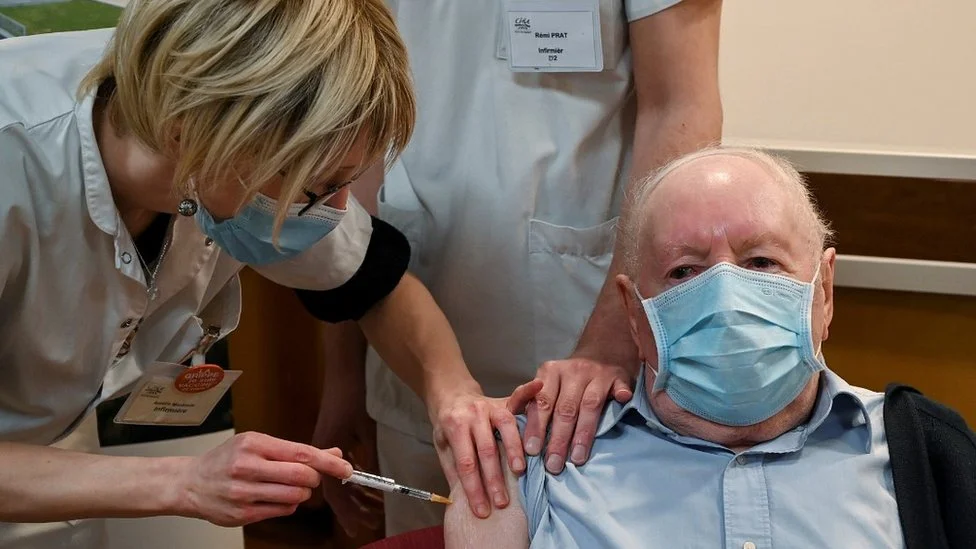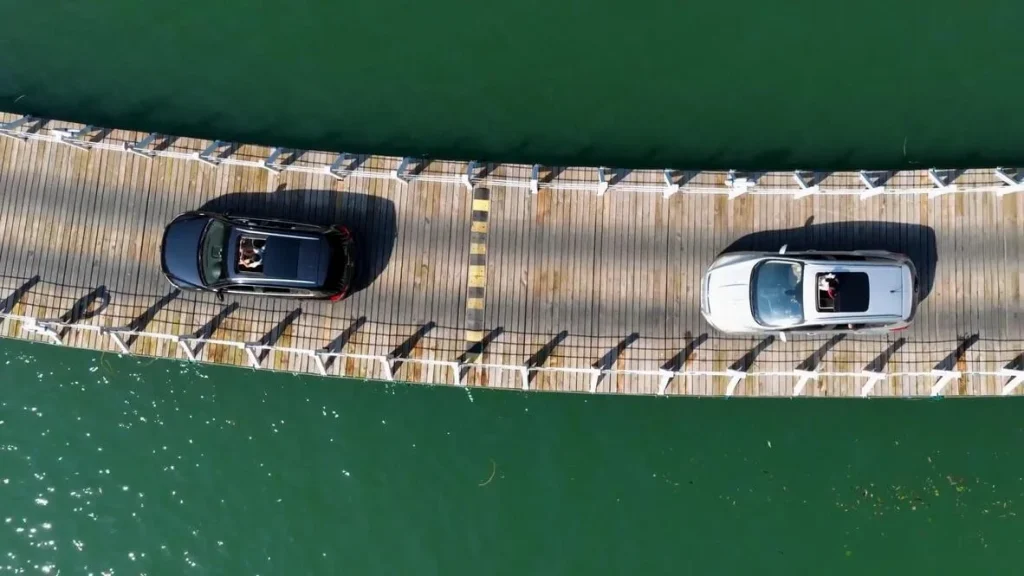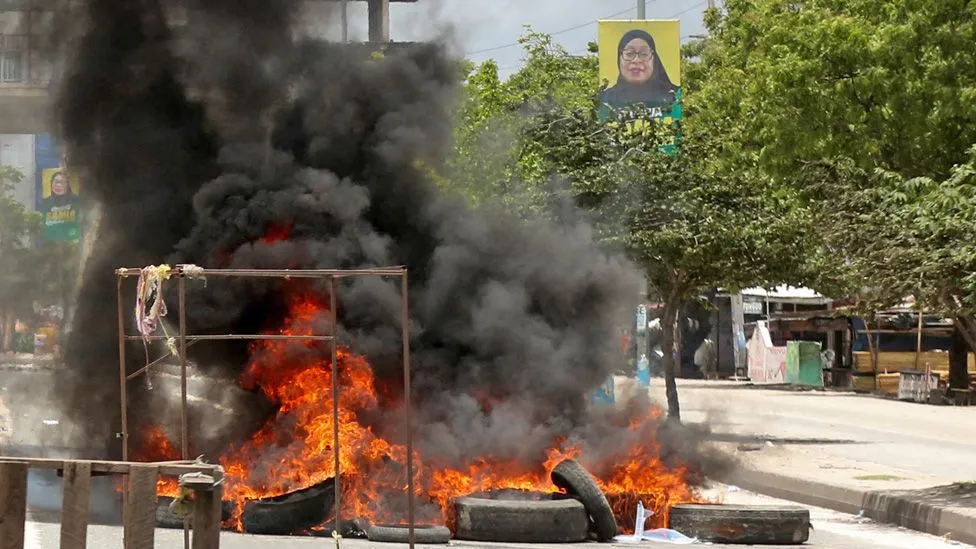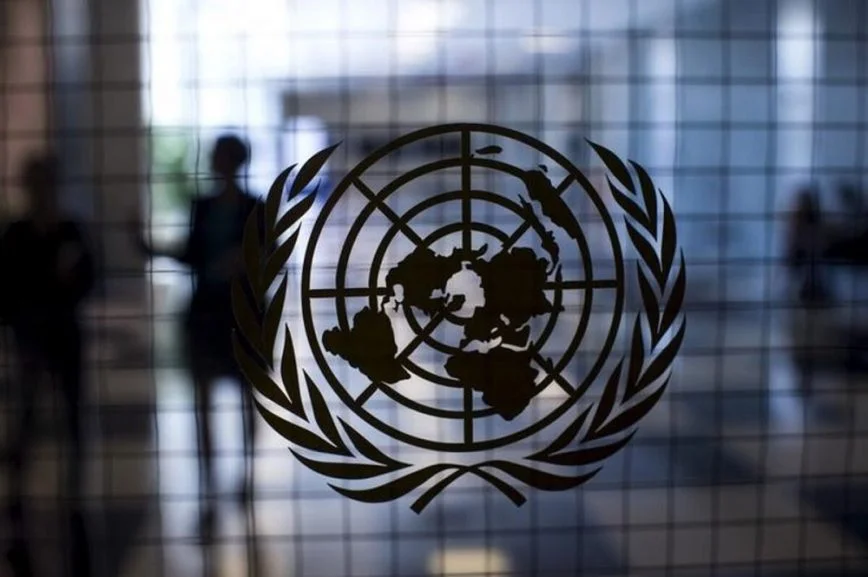By January 3, 2021, France had administered only 516 Pfizer-BioNTech COVID-19 vaccines, a week after the EU’s rollout began, per CovidTracker data.
In contrast, Germany vaccinated 238,000 people, and the UK reached 1 million after approving the jab on December 2, 2020. France’s slow pace, in a nation with high vaccine skepticism, drew sharp criticism.
Expert and Political Backlash
The French National Academy of Medicine and experts like geneticist Axel Kahn labeled the rollout a “disaster.” Kahn criticized the “administrative burden” and “procedural rigidity” slowing progress.
Opposition politicians, including the National Rally’s Jordan Bardella, called France a “laughing stock,” noting Germany vaccinated in 30 minutes what France achieved in a week.
Macron’s Call for Change
President Emmanuel Macron, frustrated by the “family stroll” pace, demanded swift action, reportedly saying, “This is not good enough. It must change quickly and drastically,” per Journal du Dimanche. On January 4, Macron met with Prime Minister Jean Castex and Health Minister Olivier Véran to address the crisis, pushing for accelerated vaccinations.
Revised Vaccination Strategy
Health Minister Véran announced on January 4 that health workers over 50 could receive vaccines immediately, shifting from the initial focus on care home residents. The government planned 500 vaccination centers by mid-January for those 75 and older, with the 65+ group to follow. Prime Minister Castex aimed to vaccinate 1 million people by January’s end, requiring 32,000 daily jabs.
Challenges and Context
France’s cautious approach, requiring pre-vaccination consultations and consent, fueled delays, compounded by public skepticism, with only 40% willing to get vaccinated, per an Ipsos poll. Despite receiving 500,000 Pfizer-BioNTech doses, logistical issues and bureaucracy hindered progress, contrasting with Ghana’s later success in vaccinating 1 million by July 2021.
Political Stakes
The slow rollout threatened Macron’s 2022 re-election prospects, as delays could prolong economic restrictions. Critics, including epidemiologist Martin Blachier, called it a “logistics and communication fiasco,” urging a faster, more transparent campaign to match European neighbors.






